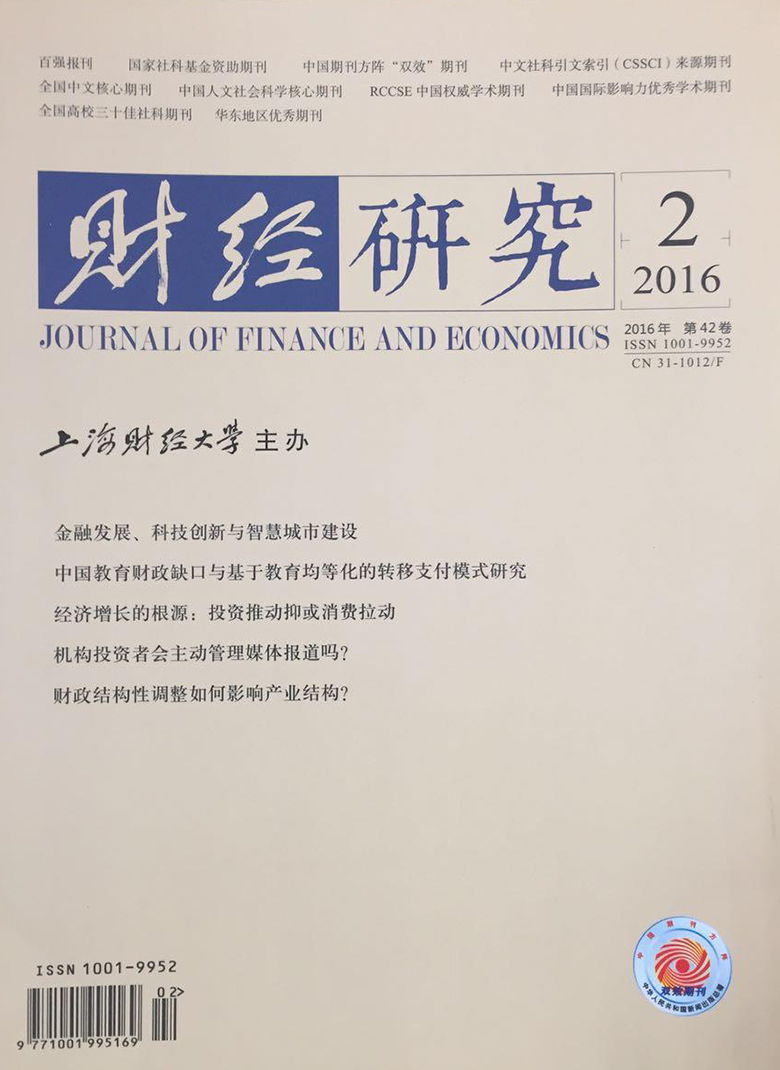Based on the provincial governments (municipalities and autonomous regions) in China, this paper establishes a panel regression models and employs FGLS and two-stage system GMM method to analyze the effect of fiscal transparency on financial capital allocation efficiency in detail. Based on the study of the efficiency of fiscal expenditures, fiscal transparency does not improve financial capital allocation efficiency; based on the study of the structure of fiscal expenditures, fiscal transparency is beneficial to the spending on social security and employment per capita, but does not have a significant impact on other livelihood expenditures. Based on theoretical and practical study, this paper argues that at present fiscal transparency does not have a substantial effect on financial capital allocation. Therefore, in future China should further enhance financial transparency and thoroughly implement the new "Budget Law" in order to improve the allocation efficiency of financial capital.
 / Journals / Journal of Finance and Economics
/ Journals / Journal of Finance and EconomicsJournal of Finance and Economics
LiuYuanchun, Editor-in-Chief
ZhengChunrong, Vice Executive Editor-in-Chief
YaoLan BaoXiaohua HuangJun, Vice Editor-in-Chief
The Influence of Fiscal Transparency on Financial Capital Allocation Efficiency
Journal of Finance and Economics Vol. 42, Issue 02, pp. 40 - 49 (2016) DOI:10.16538/j.cnki.jfe.2016.02.004
Abstract
References
Abstract
Cite this article
Li Dan, Pei Yu. The Influence of Fiscal Transparency on Financial Capital Allocation Efficiency[J]. Journal of Finance and Economics, 2016, 42(2): 40–49.
Export Citations as:
For
ISSUE COVER
RELATED ARTICLES




 8163
8163  7578
7578

